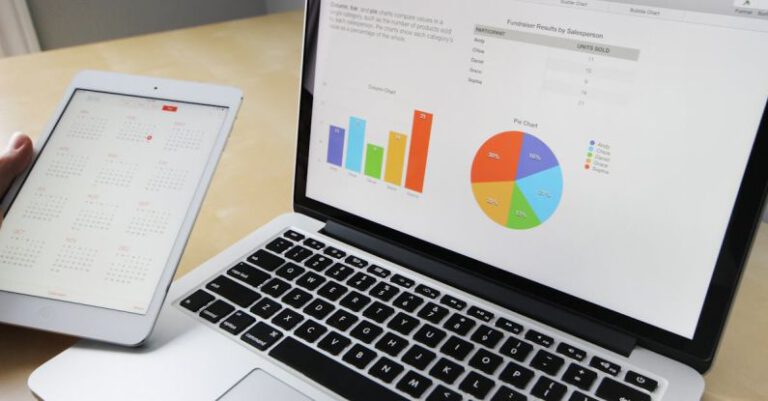Making Informed Decisions with Predictive Analytics
In today’s fast-paced and data-driven world, making informed decisions has become more crucial than ever for businesses to stay ahead of the competition. One powerful tool that organizations are increasingly turning to is predictive analytics. By harnessing the power of data and cutting-edge algorithms, predictive analytics enables companies to forecast trends, identify opportunities, and mitigate risks with a high degree of accuracy. In this article, we will delve into the world of predictive analytics and explore how it can empower businesses to make smarter decisions.
Understanding Predictive Analytics
Predictive analytics is a branch of advanced analytics that uses historical data, statistical algorithms, and machine learning techniques to predict future outcomes. By analyzing patterns and trends in data, predictive analytics can help businesses anticipate customer behavior, optimize operations, and drive strategic decision-making.
Enhancing Decision-Making
One of the key benefits of predictive analytics is its ability to enhance decision-making processes across various business functions. From marketing and sales to finance and operations, predictive analytics can provide valuable insights that enable organizations to make more informed and data-driven decisions.
For example, in marketing, predictive analytics can help businesses identify high-potential leads, personalize marketing campaigns, and optimize marketing spend by targeting the right audience with the right message at the right time. In operations, predictive analytics can forecast demand, optimize inventory levels, and streamline supply chain processes to improve efficiency and reduce costs.
Mitigating Risks
Another critical aspect of predictive analytics is its role in mitigating risks. By analyzing historical data and identifying patterns, predictive analytics can help businesses anticipate and mitigate potential risks before they escalate into major issues. Whether it’s identifying fraudulent activities, predicting equipment failures, or assessing credit risk, predictive analytics can help businesses proactively manage risks and minimize potential losses.
Driving Innovation
Predictive analytics can also drive innovation by uncovering hidden patterns and insights in data that can lead to new opportunities and revenue streams. By leveraging predictive analytics, businesses can identify emerging trends, anticipate market shifts, and innovate products and services to meet evolving customer needs.
For example, in the healthcare industry, predictive analytics is being used to forecast disease outbreaks, personalize treatment plans, and improve patient outcomes. In the retail sector, predictive analytics can help businesses optimize pricing strategies, forecast demand, and enhance the customer shopping experience through personalized recommendations.
Empowering Data-Driven Culture
Implementing predictive analytics is not just about adopting new technology; it’s about fostering a data-driven culture within an organization. By integrating predictive analytics into decision-making processes, businesses can empower employees at all levels to make informed decisions based on data and insights rather than gut feelings or intuition.
By promoting data literacy, providing training, and encouraging collaboration between data scientists and business users, organizations can create a culture that values data-driven decision-making and harnesses the full potential of predictive analytics to drive business success.
In conclusion, predictive analytics has the power to revolutionize how businesses make decisions by providing valuable insights, mitigating risks, driving innovation, and fostering a data-driven culture. By harnessing the predictive power of data, organizations can stay ahead of the curve, adapt to changing market dynamics, and unlock new opportunities for growth and success. Embracing predictive analytics is not just a competitive advantage; it’s a strategic imperative for businesses looking to thrive in today’s data-driven world.






